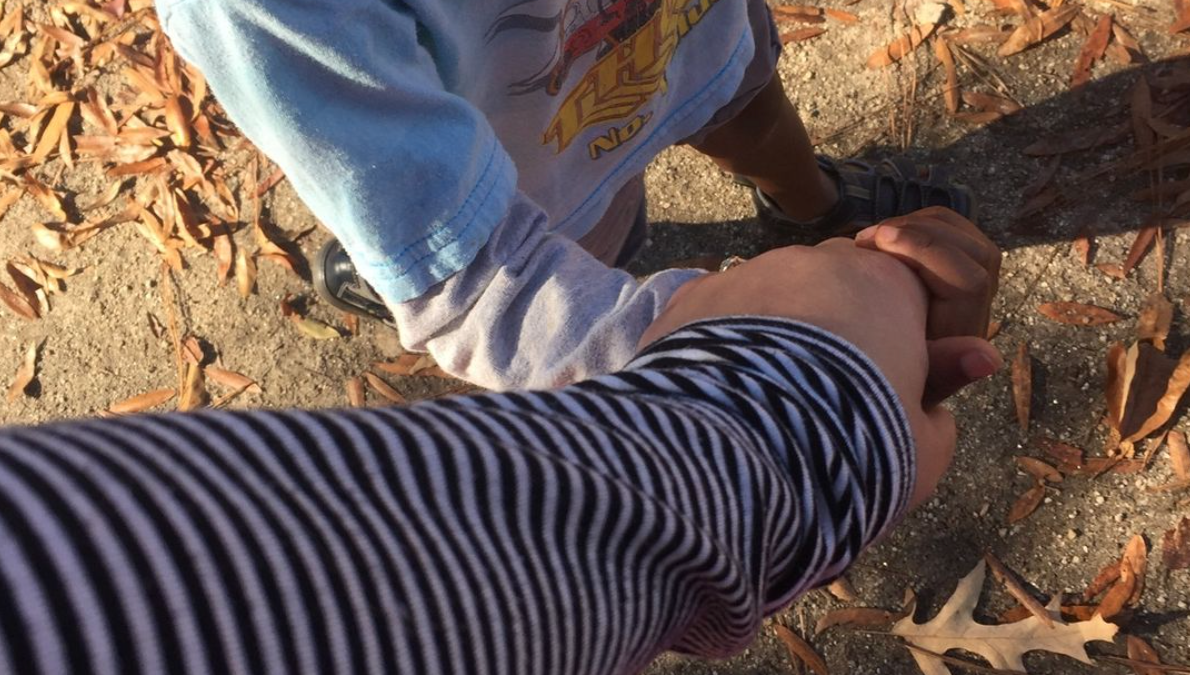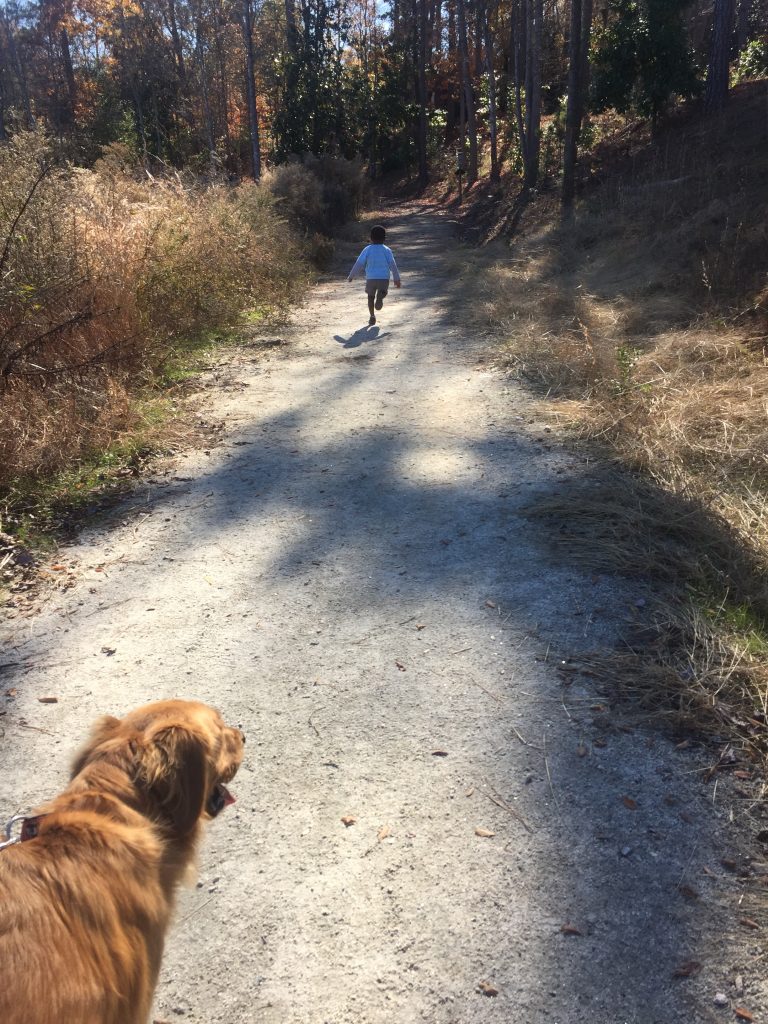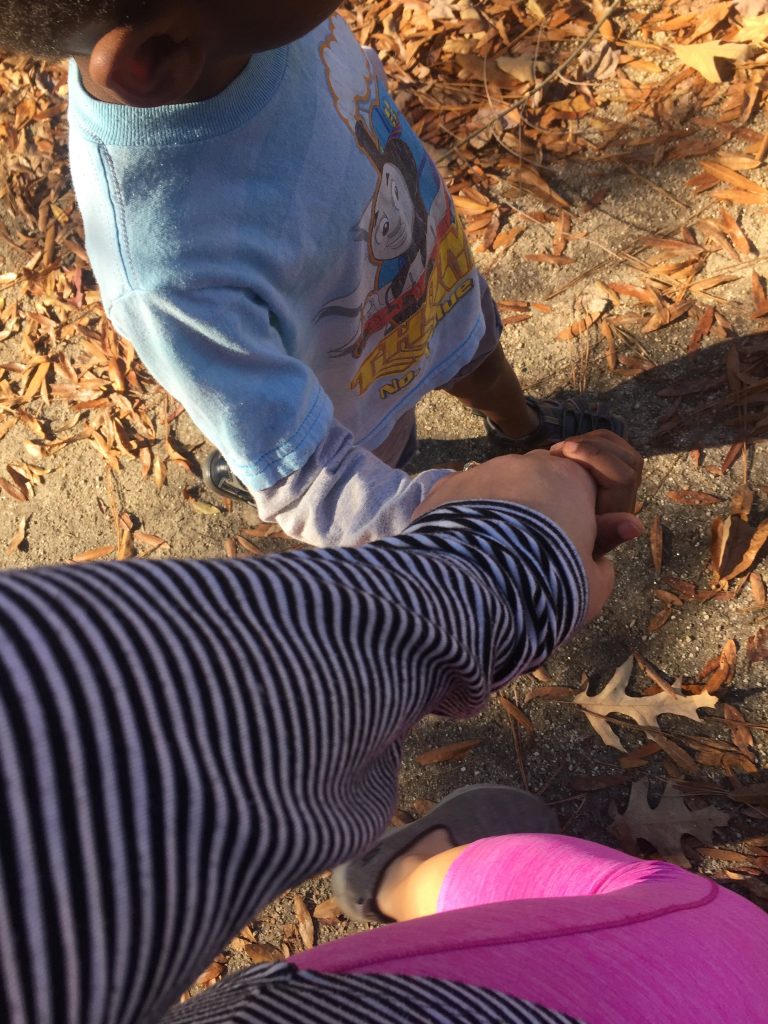
There is no doubt we are parenting in uncertain times right now. Parenting is always hard. Foster parenting is hard too, if not harder. With schools and daycares closed due to COVID-19, all parents are having to make hard decisions and maybe even sacrifice. We worry about getting sick ourselves, keeping our loved ones with compromised immune systems safe, and simply just not spreading germs to others. We are having to rearrange schedules and manage disappointments big and small, ours and our kiddos’. We are faced with deep and unsettling uncertainty as chaos seems to ensue right outside our doors. We are stressed. We are anxious. And so are our kids who already had so much weight on their tiny shoulders before a global pandemic swept through and turned their lives upside down again. Whew. Time for a nap.

But we know the crisis of foster care in our own backyards doesn’t take pause for anything. Not even Coronavirus. If anything, the crisis is worsening during this time of panic and chaos. Children are away from schools which for many are their daily safe havens. At school, children have hot meals, sweet teachers who help to grow their minds and their hearts, friends to look out for them and brighten their day. And so much more! We are all learning that school isn’t just about school.
Without some of the safeguards that the routines of school offer, children may be isolated. They may be stuck in bad situations with no escape. And we have yet to see what the outcome will be. Of course, most kids are home safe and loved… maybe just bored or unimpressed with their parents’ homeschooling abilities.
Still for foster parents, our phones are ringing. Placement teams and agencies scramble to serve kids still coming into care despite stores being closed and certain areas asking families to shelter in place. There is still a desperate need for families. For homes. For a safe place for a kid to rest their head. But how do we respond?

What is the ethical choice? What is the best decision for our families and for the kids already in our care? Do we say yes and risk bringing an infected child into our home? Do we say no and risk a child not having a bed to sleep in? What is our obligation? Do we have one?
Maybe there is no right answer. There never really seems to be one clear answer in foster care. No clear right or wrong, yes or no. Sometimes I can barely tell the difference between up and down. I don’t think that my family’s decision of when we say yes and when we say no works for all families. Honestly, when I answer the phone I often don’t know when I’ll say yes or when I’ll say no. Sometimes it is a matter of what comes on the other end of the line. There is no template for this, no handbook for exactly what path to take.
Many families are not accepting placements right now. That’s okay. There are very legitimate reasons for that. Families that work in healthcare have to continue working to serve and to save their communities. Families that have to keep working from home or in their office may not have childcare and that is a legitimate barrier to saying yes. Families with people in the home that are at higher risk for susceptibility fear the implications of anyone getting infected. It is simply a matter of life and death for them.
Still many families are saying yes to new placements. They have open beds or are making room. As foster families often do, they are stepping up, filling the gap. They go above and beyond to open their home and their hearts to the most vulnerable. This is why foster parents are some of my most favorite people.
So, here’s my challenge to you. If you need to say no, say no. Respect your boundaries. Respect your family’s needs. Feel no guilt. Feel no shame in saying no. For your no now, may leave room for a better yes later. I’ve learned this the hard way many times in my own foster care journey.
If you are able, if you are willing, if you assess your family situation and find that you have room in your home or you can make room, consider saying yes. Say yes to hard, because love does hard things. Most of us have said yes in less than ideal circumstances before. Call your Family Support Coordinator, your agency, or your regional placement team. Tell them what you are willing to accept. Please consider adjusting your age range if possible; sometimes it is and sometimes it isn’t. I understand that. The greatest need is always for older children and siblings. You may feel underprepared, but I promise you, you’ve done hard things before and you’ll do hard things again. You will rise to the challenge, just like you have before.

I’ve said yes to placements hours before a six-hour road trip to Nashville. Baby girl cried the whole way there, but she brought so much joy as she giggled in the hotel swimming pool. I’ve said yes more than once as I was about to board an airplane home. I went straight from the airport to borrow car seats and pick up kiddos despite jet-lag. That was a great yes! But I was tired. My friend has said a similar unexpected yes hours before an out of state trip and now that boy is about to be her forever son. Amazing!
I’ve said no too. Less often, sure, but just as meaningful. Just as memorable. I said no when our whole house had strep throat. That was no place for a 13 year old to be. I’ve said no when I knew a child’s needs were beyond what I could care for. I’ve also said no when I could have said yes. I’ve said no because the kids in our home needed our attention. I’ve said no because I was exhausted and desperately needed a break. I’ve also said no when I wanted to say yes, but I chose to honor my partner’s no.
There are many reasons to say yes. There are many reasons to say no. There is no right answer in foster care. Really I think we are all learning right now, in these uncertain times, that there may not be one right answer in life. Something that works one day won’t work the next. Something that is doable in one season is unreasonable in another. So let’s all give grace upon grace upon grace today and every day. To ourselves. To each other.
We’re all in this together!



